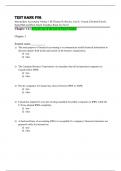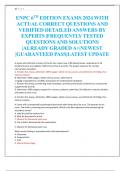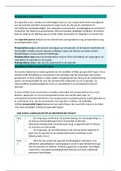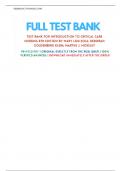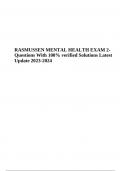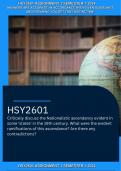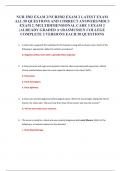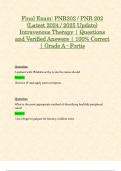Tentamen (uitwerkingen)
Test Bank for Intermediate Accounting Volume 1 8E Thomas H. Beechy, Joan E. Conrod, Elizabeth Farrell, Ingrid McLeod-Dick, Kayla Tomulka, Romi-Lee Sevel Chapter 1-11 Answers are at the end of Each Chapter
- Vak
- Instelling
Test Bank for Intermediate Accounting Volume 1 8E Thomas H. Beechy, Joan E. Conrod, Elizabeth Farrell, Ingrid McLeod-Dick, Kayla Tomulka, Romi-Lee Sevel Chapter 1-11 Answers are at the end of Each Chapter
[Meer zien]
